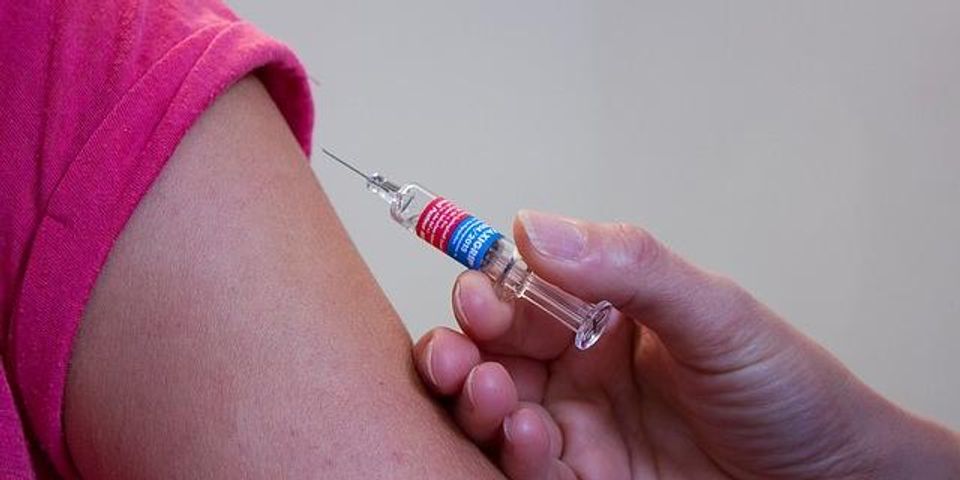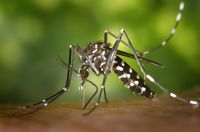What You Need to Know About the Zika Virus From Chantilly’s Vaccination Experts

Getting a mosquito bite while you’re relaxing on a beach can be more than just annoying—it can be dangerous. Scientists are now connecting the Zika virus, transmitted by the Aedes aegypti mosquito, with rises in a serious birth defect and a rare autoimmune disorder. At HealthSmartVaccines, the healthcare professionals are committed to keeping travelers protected against mosquito-transmitted diseases in Africa, South America, and Central America.
For nearly 10 years, HealthSmartVaccines has been the leading provider of vaccinations for adults age 18 and older in the Chantilly, Virginia, area. A CDC-approved Yellow Fever Center, the healthcare providers at HealthSmartVaccines offer four essential facts you need to know about the Zika virus:
 The Virus Is Spread By Mosquito Bites And By Sex: The Zika virus is most commonly spread when a mosquito bites a person with an infection and then bites others. However, the first case of locally acquired Zika in the United States was passed when an individual had sex with a partner who had recently contracted the mosquito-borne virus while in Venezuela.
The Virus Is Spread By Mosquito Bites And By Sex: The Zika virus is most commonly spread when a mosquito bites a person with an infection and then bites others. However, the first case of locally acquired Zika in the United States was passed when an individual had sex with a partner who had recently contracted the mosquito-borne virus while in Venezuela.-
The Symptoms Are Mild: About 80% of people who become infected don’t experience any symptoms. People who do exhibit symptoms notice fever and rash, muscle and joint pain, headaches, pain behind the eyes, and conjunctivitis. Symptoms last anywhere from two to seven days. Although no treatment is available, the fever and pain can be managed by over-the-counter medications.
-
It Is Linked to Serious Conditions: Although only one in five people will get sick from a Zika infection, the virus is linked to other serious conditions. Following an infection in adults, there are higher rates of Guillain-Barré syndrome, and in pregnant women, the virus can cause birth defects, including microcephaly.
-
You Can Protect Yourself: Because there is no vaccine, the experts at HealthSmartVaccines recommend avoiding travel to areas with active infestation. If you must travel to a country where Zika is present, the healthcare professionals recommend using an EPA-approved repellent, wearing long pants and long-sleeve shirts, and sleeping in screened rooms. Pregnant women should not travel to countries where Zika is active.
Because unborn babies are most at risk from Zika virus complications, scientists are working to develop a vaccine for women of reproductive age to prevent birth defects. HealthSmartVaccines offers other travel related immunizations such a typhoid (oral and injected), hepatitis A and B in a single shot given three times over 6 months, polio, and yellow fever among others. We also provide advise on protecting yourself against mosquito bites, how to to chose the best travel insurance plan for your trip and other services.
The most important things you can do to protect yourself from mosquito-borne viruses, including Zika, malaria, and yellow fever, are to be aware of the risks in countries you’re traveling to, avoid high-risk areas, stock up on insect repellent supplies, and stay up to date with your vaccines.
For more information about the Zika virus, yellow fever, and malaria prevention, visit the HealthSmartVaccines website, or call the clinic at (703) 961-0733.
About the Business
Have a question? Ask the experts!
Send your question

